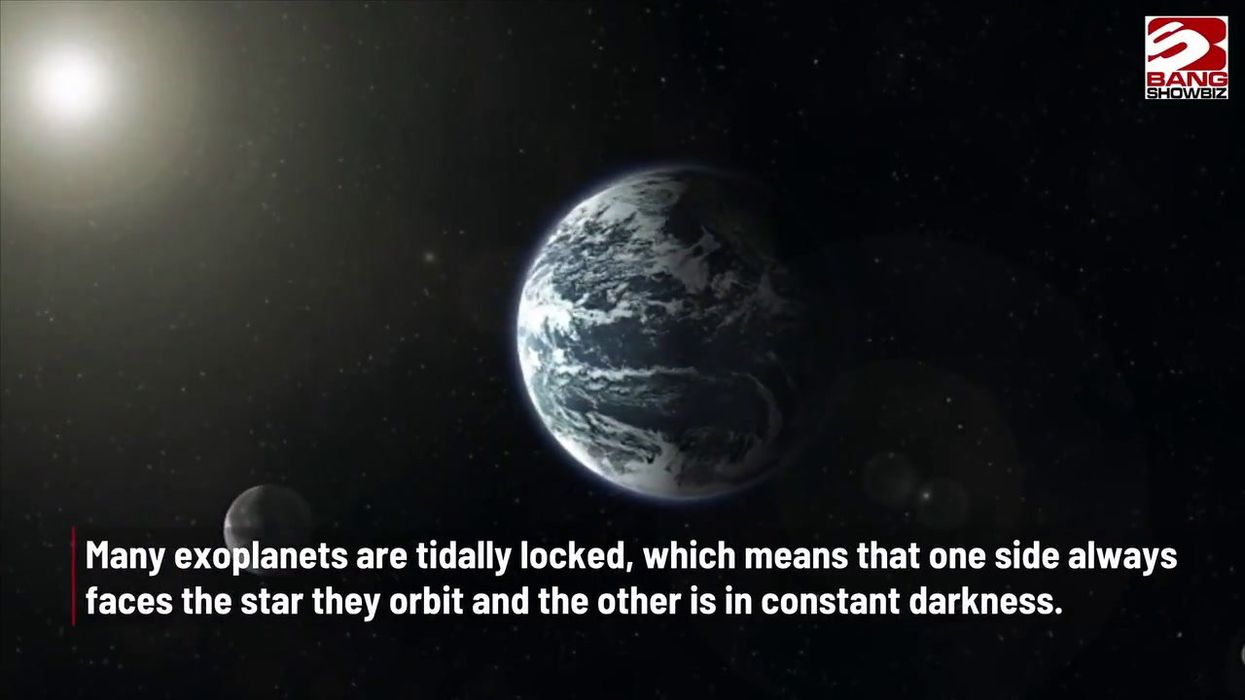Kate Plummer
Apr 02, 2023
Aliens are hiding in 'terminator zones' on planets outside the Solar System
content.jwplatform.com
Aliens could come to Earth - and they might arrive sooner than you might think.
Writing in the Spectator, Professor Sasha Hinkley, associate professor of astrophysics at the University of Exeter, said it is becoming "increasingly likely" signs of extraterrestrial life will be uncovered "within his lifetime", though that doesn't mean we will get to meet them.
He said: "The likelihood of life existing in some form in the universe is quite high. Indeed, I would go as far as to say that it is looking increasingly likely that the detection of life on an exoplanet will happen in my lifetime."
He added: "To be clear, the detection of life on another planet will not necessarily mean an alien civilisation exists on another planet, nor that we are about to have some form of communication with such lifeforms.
As for how we would spot the, he wrote: "The evidence of the discovery of life will probably be found by observing imbalances in ratios of chemical species (ozone and carbon dioxide, for example), which would not otherwise naturally exist without possibly some form of biological activity driving this disequilibrium."
Sign up to our free Indy100 weekly newsletter
He said one of the best potential areas for life in the Milky Way was in the planetary system TRAPPIST-1.
The system is about 40 light years away and is populated by seven "roughly Earth-sized planets" closely orbiting a "very dim and cool star not much larger than Jupiter", the expert explained.
He added: "Three of the planets in TRAPPIST-1 orbit in the habitable zone of their host star. Efforts are already under way to target these three planets with the James Webb telescope to search for what scientists call 'biosignatures'."
Exciting stuff.
Have your say in our news democracy. Click the upvote icon at the top of the page to help raise this article through the indy100 rankings.
Top 100
The Conversation (0)














